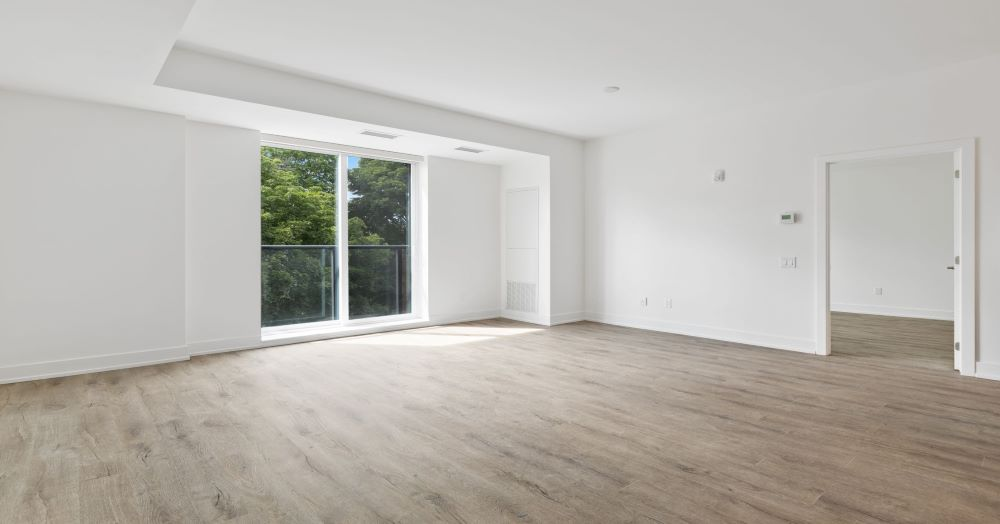When a property is vacant it can be vulnerable to potential problems - As a landlord in the Cotswolds or the Vale of the White Horse, you’ll almost certainly have had times when your rental property was vacant. Sometimes, it’ll only be a short-term vacancy in between tenancies, but sometimes, the void period will be longer.
When a property is vacant it can be vulnerable to potential problems
As a landlord in the Cotswolds or the Vale of the White Horse, you’ll almost certainly have had times when your rental property was vacant. Sometimes, it’ll only be a short-term vacancy in between tenancies, but sometimes, the void period will be longer.
During those long vacancies, apart from a loss of income, there are some other potential problems that could arise. Here we highlight some of those possible issues and give you our four top tips for handling your vacant properties.
What Kind Of Problems May Arise If Rental Properties Are Vacant?
Whenever your property is vacant, it’s vulnerable to all kinds of potential problems. Should adverse weather or a water leak cause damage, it may remain unnoticed for some time until you inspect your property again. If it’s clear that nobody is living in the property, it may also be a target for vandals or squatters. All of these issues take money and time to resolve.
So, what’s the best way of dealing with a vacant rental property in the Cotswolds or the Vale of the White Horse?
1. Tell Your Insurer
Many insurance policies for landlords only cover vacant properties for a maximum of 30 days. Therefore, contacting your insurer is always sensible from the moment you’re made aware the property will be empty. Failing to do this could lead to your policy becoming void should something happen that necessitates a claim being made.
The insurance company will let you know about anything you have to do to ensure the policy stays valid. For example, you may be required to turn the gas off or keep the central heating on a low setting during the cold months so the pipes don’t freeze and the property won’t develop a mould problem. You can also discuss when it will be necessary to change over to “unoccupied property insurance”. Although it may cost more, it’s worth it for the assurance that you’ll be protected.
2. Make Regular Property Checks
It’s likely your insurance provider will need you to carry out regular visits to your property during the vacant period, typically every seven days, to ensure it remains in good condition and is secure.
On arrival, check the doors and windows to ensure they’re properly locked and that there aren’t any signs of forced entry. Go through every room checking for dampness and allow some air to circulate by opening the windows – but make sure you close them again before leaving!
It’s always a good idea to put timers on some lamps inside the property to switch off and on at various times. Fit motion sensor lights outside the property too to deter vandals and burglars.
3. Carry Out A Deep Clean
In between tenancies, when the property is vacant, get a professional company to deep clean the property and remove any trace of mould on surfaces, get the fittings sparkling, and ensure the property has a fresh feel and look for viewings. If any rubbish has been left behind outside the property by the previous tenants, get it removed immediately, so it doesn’t become a fire hazard or attract fly-tippers.
4. Use A Property Management Company
The best way to deal with vacant properties is by using a property management company like
Perry Bishop. We work hard to secure new tenants quickly to minimise void periods, and we’ll deal with all cleaning and maintenance requirements in between tenancies on your behalf.
We care about property. We care about you.

